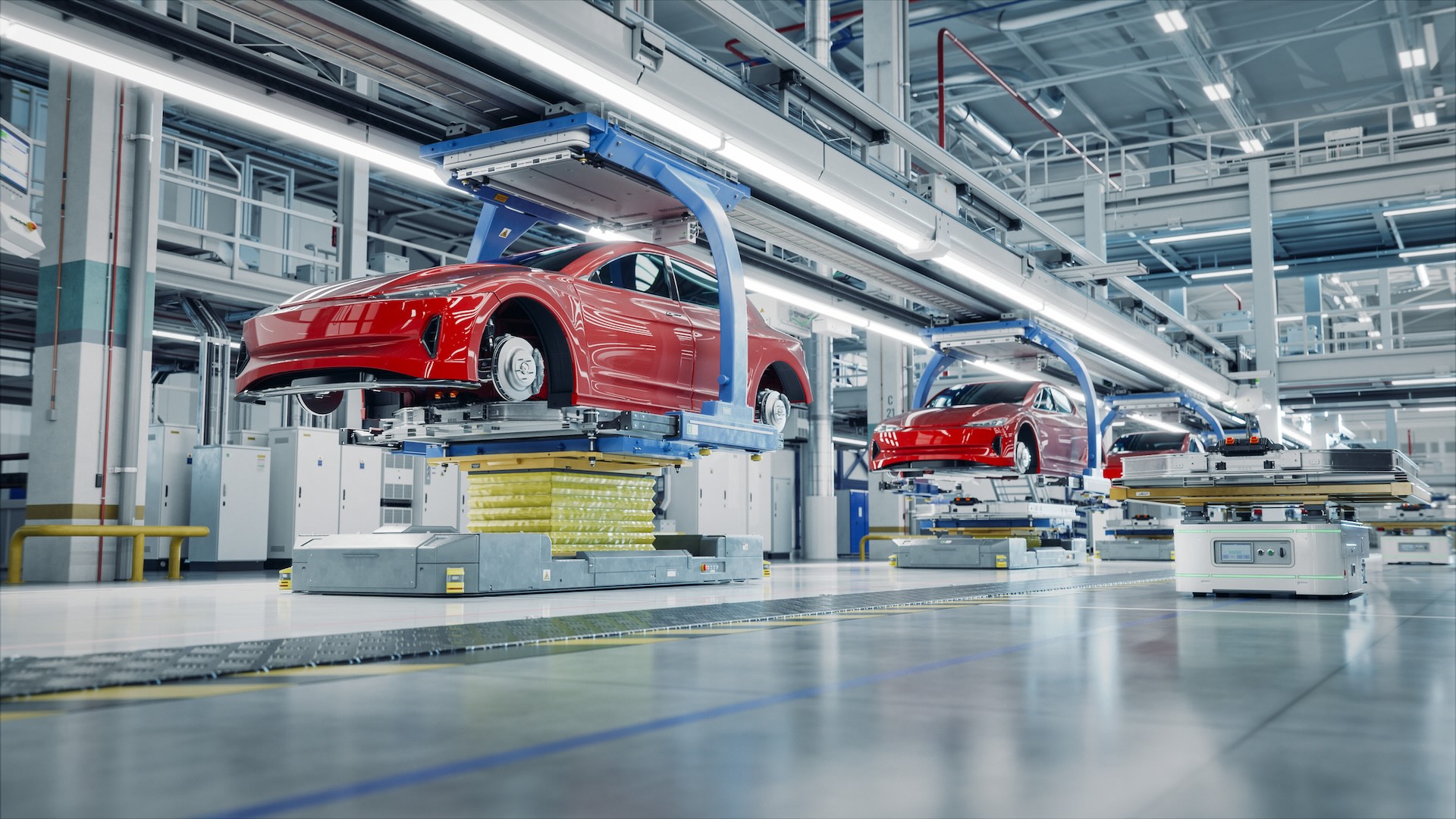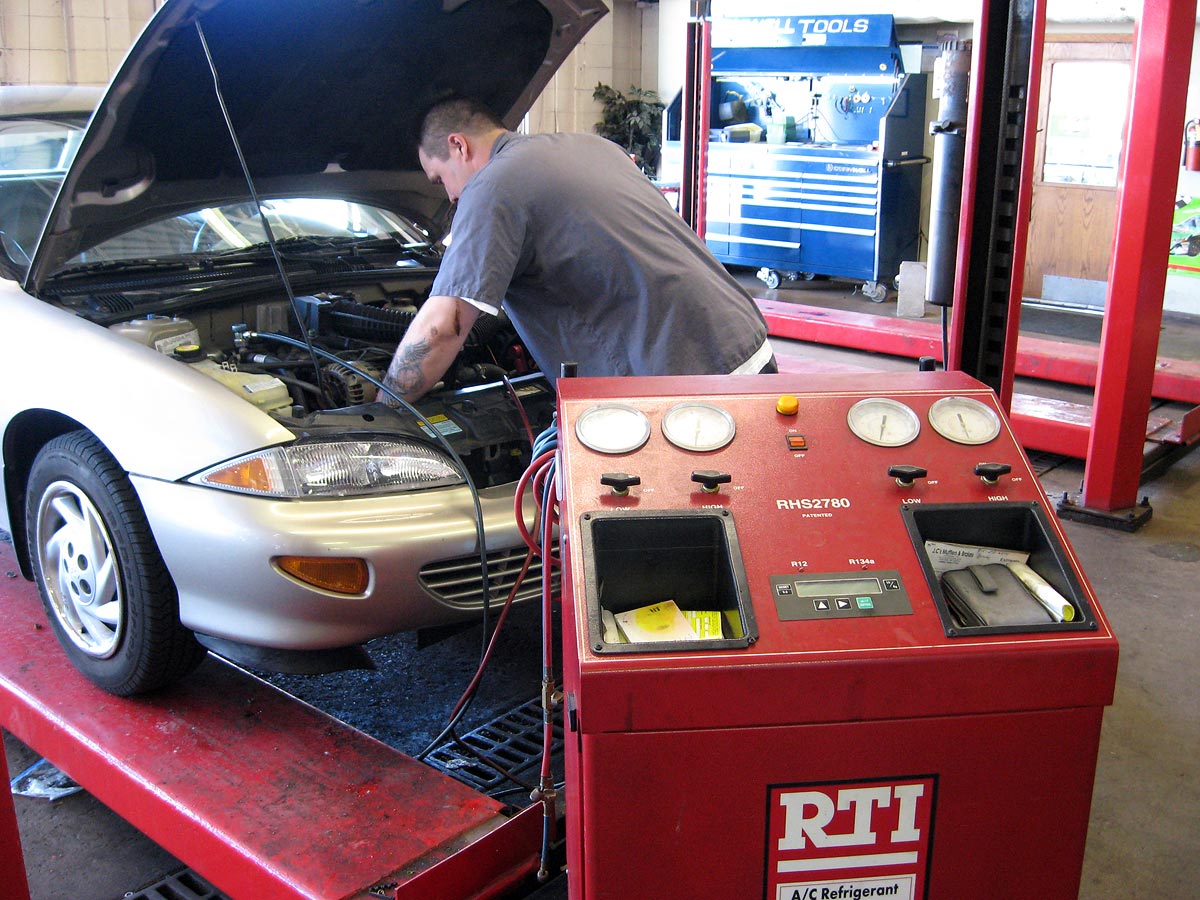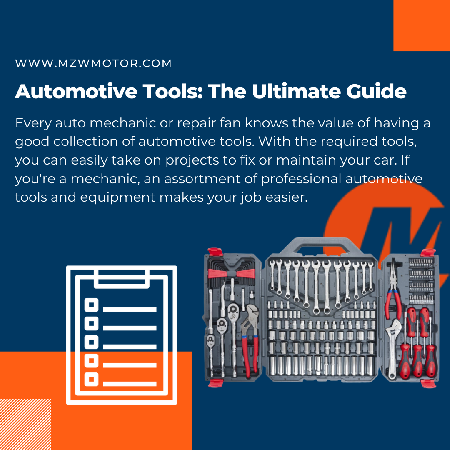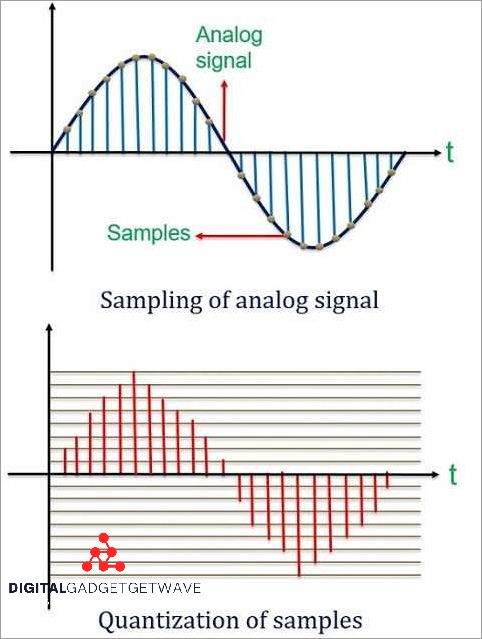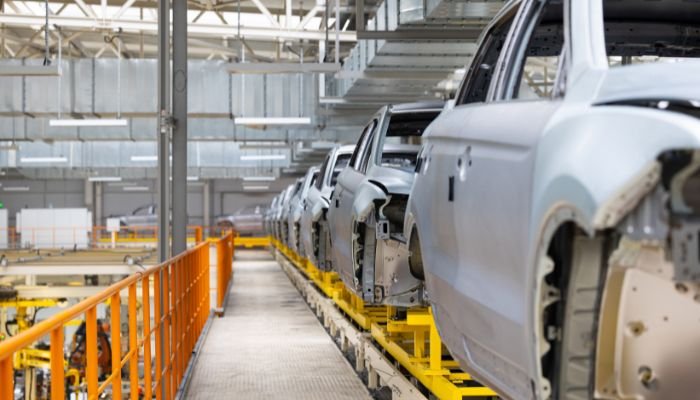Essential Skills for Automotive Technicians: Complete Professional Guide
The foundation of automotive excellence
Modern automotive technicians operate in a chop chop evolve field where traditional mechanical skills merge with cutting edge technology. Success require a diverse skill set that span technical knowledge, analytical thinking, and interpersonal abilities. Understand these essential competencies help aspire technicians prepare for reward careers while enable experienced professionals to identify areas for continued growth.
Technical diagnostic skills
Diagnostic expertise from the cornerstone of effective automotive repair. Today’s vehicles contain sophisticated computer systems that control everything from engine performance to safety features. Technicians must master the use of diagnostic equipment, include scan tools, oscilloscopes, and multimeters.
Effective diagnostics begin with systematic problem identification. Technicians gather information from customers about symptoms, so perform visual inspections and preliminary tests. They interpret diagnostic trouble codes while understand that codes indicate areas of concern kinda than specific fail components.
Advanced diagnostic skills involve understand electrical circuits, fuel systems, emissions controls, and engine management systems. Technicians learn to trace wiring harnesses, test sensors and actuators, and verify proper system operation. They develop expertise in read technical service bulletins and follow manufacturer diagnostic procedures.
Pattern recognition become crucial as technicians encounter similar problems across different vehicles. Experienced professionals build mental databases of common failures and their symptoms, enable degraded and more accurate diagnoses. They, too, stay current with recall information and know issues affect specific vehicle models.
Mechanical repair proficiency
Hands on mechanical skills remain fundamental despite increase electronic complexity in modern vehicles. Technicians must demonstrate competency with traditional tools while adapt to specialize equipment require for specific repairs.
Engine repair skills encompass understand internal combustion principles, valve train operation, and cool system function. Technicians perform time belt replacements, head gasket repairs, and engine rebuilds. They work with precision measure tools to ensure proper clearances and torque specifications.
Transmission expertise cover both manual and automatic systems, include unceasingly variable transmissions and dual clutch designs. Technicians diagnose shifting problems, perform fluid services, and execute complex rebuilds when necessary.
Brake system proficiency involve understand hydraulic principles, friction materials, and anti lock braking systems. Technicians replace pads and rotors, rebuild calipers, and service master cylinders while ensure proper brake feel and stop performance.
Suspension and steering work require knowledge of alignment principles, component wear patterns, and handle characteristics. Technicians replace struts and springs, perform wheel alignments, and diagnose noise and vibration concerns.
Air conditioning and heating system repairs involve understand refrigeration cycles, electrical controls, and airflow management. Technicians recover and recharge refrigerant, replace compressors, and diagnose temperature control problems.
Problem-solving and critical thinking
Automotive repair oftentimes involve complex problems with multiple potential causes. Successful technicians develop structured approaches to problem-solve that minimize diagnostic time while ensure accurate repairs.
Logical reasoning help technicians eliminate unlikely causes and focus on probable solutions. They learn to ask relevant questions, gather pertinent information, and form testable hypotheses. This systematic approach prevent unnecessary part replacement and reduce comeback repairs.
Creative thinking become valuable when deal with unusual problems or intermittent concerns. Technicians develop techniques for reproduce elusive symptoms and create test conditions that reveal hidden issues. They think beyond obvious solutions to consider underlying causes.
Research skills enable technicians to find information rapidly use technical databases, service manuals, and online resources. They learn to navigate manufacturer websites, access technical service bulletins, and participate in professional forums where experienced technicians share knowledge.
Documentation practices help technicians track their diagnostic process and communicate findings efficaciously. They record test results, note unusual observations, and create repair histories that benefit future service visits.
Communication and customer service
Modern automotive technicians often interact with customers, service advisors, and parts personnel. Strong communication skills enhance job satisfaction and career advancement opportunities.
Technical explanation abilities allow technicians to describe complex problems in understandable terms. They learn to use analogies and visual aids to help customers comprehend repair recommendations. Clear communication build trust and reduce misunderstandings about repair scope and costs.
Active listening skills help technicians gather accurate symptom descriptions from customers. They ask clarify questions and pay attention to subtle details that might indicate specific problems. Understand customer concerns ensure repairs address actual issues kinda than assume problems.

Source: penncotech.edu
Write communication become important for create repair orders, warranty claims, and technical reports. Technicians document their work intelligibly and wholly, provide information that help other professionals understand repair procedures and outcomes.
Professional demeanor enhance customer confidence and reflect positively on the entire service facility. Technicians maintain clean work areas, dress befittingly, and interact respectfully with all individuals careless of their technical knowledge level.
Continuous learning and adaptation
The automotive industry evolve quickly, with new technologies, materials, and repair procedures emerge regularly. Successful technicians embrace lifelong learning and actively seek opportunities to expand their knowledge.
Formal training programs provide structured learning experiences through community colleges, vocational schools, and manufacturer training centers. These programs offer hands-on experience with current technology and access to expert instructors.
Certification programs validate technical competency and demonstrate professional commitment. Organizations like the national institute for automotive service excellence offer certification in various specialty areas, help technicians document their expertise.
Manufacturer training keep technicians current with specific brand technologies and repair procedures. These programs oft provide access to specialized tools and diagnostic equipment is not available elsewhere.
Industry publications and online resources offer convenient ways to stay informed about new developments. Trade magazines, technical websites, and professional associations provide valuable information about emerge trends and prove repair techniques.
Safety awareness and practices
Automotive repair involve numerous safety hazards, from heavy components to hazardous chemicals. Skilled technicians prioritize safety for themselves, coworkers, and customers.
Personal protective equipment usage become second nature for experienced technicians. They wear safety glasses, gloves, and appropriate clothing while work. They understand when respiratory protection is necessary and how to select proper equipment.
Tool safety involve proper selection, maintenance, and usage of hand tools and power equipment. Technicians inspect tools regularly, maintain cut edges, and replace damage equipment quickly.
Vehicle lifting and support procedures prevent serious injuries from fall vehicles. Technicians verify proper lift point locations, use appropriate support stands, and ne’er work under vehicles support exclusively by hydraulic equipment.
Chemical handling knowledge help technicians work safely with solvents, lubricants, and other automotive fluids. They understand material safety data sheets, proper storage procedures, and emergency response protocols.
Time management and efficiency
Professional automotive technicians balance quality workmanship with productive time management. They develop efficient work habits that maximize customer satisfaction while maintain profitability.
Work organization involve plan repair sequences, gather necessary tools and parts, and prepare work areas fittingly. Efficient technicians minimize waste motion and avoid repeat trips to tool storage areas.
Priority management help technicians handle multiple repair orders efficaciously. They understand which repairs require immediate attention and how to sequence work for maximum efficiency.
Quality control practices ensure repairs meet professional standards without excessive time investment. Technicians develop inspection routines that verify proper repair completion while identify potential issues before customer delivery.
Technology integration
Modern automotive service progressively relies on digital tools and connected systems. Successful technicians embrace technology while maintain fundamental mechanical skills.
Scan tool proficiency extend beyond basic code reading to include advanced functions like component activation, parameter monitoring, and system calibration. Technicians learn to navigate complex menu structures and interpret real time data streams.
Computer skills enable technicians to access online resources, complete digital work orders, and communicate through electronic systems. They become comfortable with various software platforms and mobile applications use in professional service environments.
Advanced diagnostic equipment require specialized training and regular practice. Technicians learn to operate oscilloscopes, pressure transducers, and emissions analyzers while understand their appropriate applications.
Career development and specialization
Automotive technicians can pursue various career paths by develop specialized skills and expertise. Understand these opportunities help professionals make informed decisions about their career development.
Specialization areas include transmission repair, air conditioning service, electrical systems, and performance modifications. Specialists oftentimes command higher wages and enjoy more interesting work challenges.

Source: autotrainingcentre.com
Leadership opportunities emerge for technicians who develop strong communication skills and technical expertise. Shop foreman, service manager, and training instructor positions offer career advancement possibilities.
Entrepreneurial paths allow experienced technicians to establish independent repair facilities or mobile service operations. Success require business skills in addition to technical competency.
The automotive industry offer stable career prospects for skilled technicians willing to adapt to change technology. Electric vehicles, autonomous systems, and connect car technologies create new opportunities for qualified professionals who invest in continuous learning and skill development.
MORE FROM promospotlight.com
